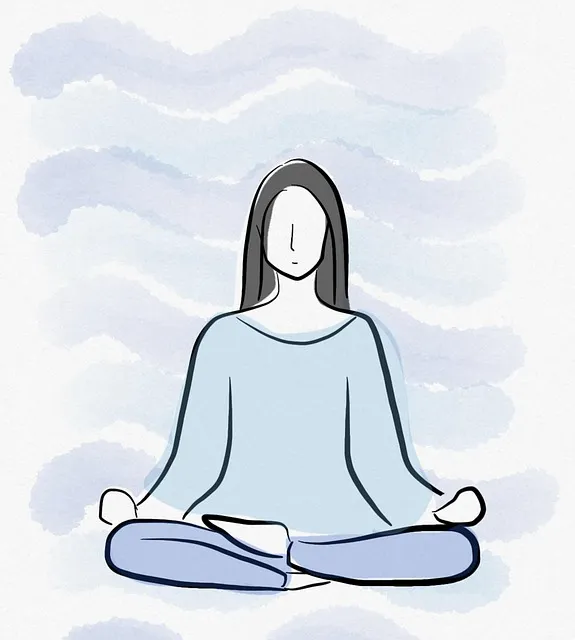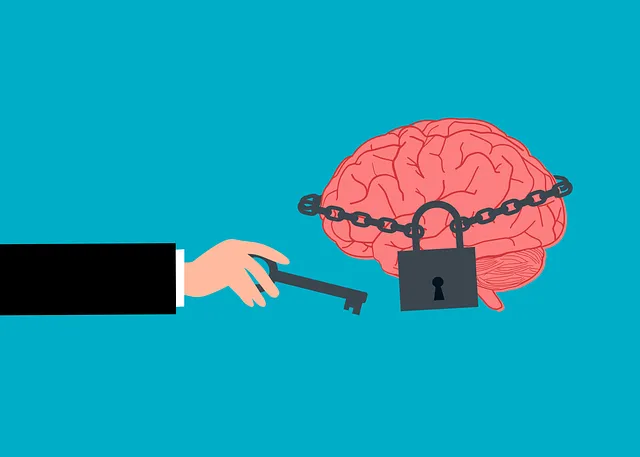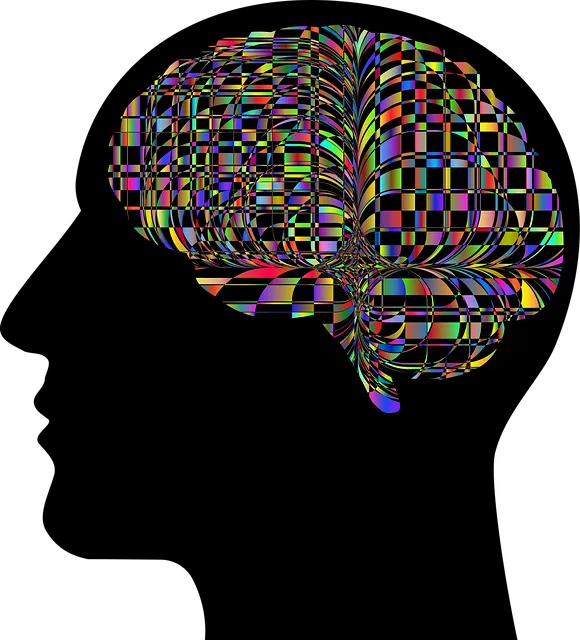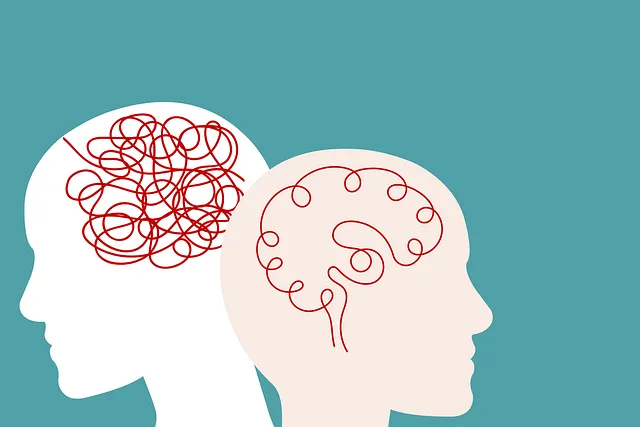Lone Tree Kaiser Permanente behavioral health services offer comprehensive anxiety management through Cognitive Behavioral Therapy (CBT), mindfulness, lifestyle changes, and tailored support for diverse populations, empowering individuals to overcome various anxiety disorders and enhance their quality of life.
Anxiety is a common struggle, but managing it effectively needn’t be difficult. This guide explores proven techniques to take control of your mental well-being. From identifying symptoms and triggers, to powerful therapeutic approaches like Cognitive Behavioral Therapy (CBT) offered by Lone Tree Kaiser Permanente behavioral health services, we cover everything you need to know. Discover the benefits of mindfulness, meditation, and lifestyle changes tailored for daily calm.
- Understanding Anxiety: Symptoms and Triggers
- Cognitive Behavioral Therapy: A Powerful Tool
- Mindfulness and Meditation for Daily Calm
- Lifestyle Changes: Exercise, Diet, and Sleep Strategies
Understanding Anxiety: Symptoms and Triggers

Anxiety is a normal human response to stress or perceived threats, but when it becomes persistent and overwhelming, it can significantly impact daily life. Recognizing the symptoms is crucial for effective management. Common indicators include rapid heartbeat, sweating, trembling, shortness of breath, and feelings of dread or panic. These physical sensations often accompany intense emotions like fear, worry, or uneasiness. Understanding these signs is essential, especially when seeking help from Lone Tree Kaiser Permanente behavioral health services.
Various factors can trigger anxiety, ranging from specific situations like public speaking to more pervasive issues such as chronic stress or past traumatic experiences. Identifying personal triggers is a significant step towards self-improvement and enhancing one’s quality of life. Moreover, cultivating self-esteem improvement and building resilience through various techniques can aid in managing anxiety. Healthcare provider cultural competency training also plays a vital role in ensuring individuals receive the most suitable care, tailored to their unique needs and backgrounds, ultimately contributing to effective anxiety relief.
Cognitive Behavioral Therapy: A Powerful Tool

Cognitive Behavioral Therapy (CBT) is a powerful tool offered by Lone Tree Kaiser Permanente behavioral health services to manage anxiety. This evidence-based approach focuses on identifying and modifying negative thought patterns that contribute to anxious feelings. By understanding the connection between thoughts, emotions, and behaviors, individuals can learn to challenge distorted thinking and replace it with more realistic, positive perspectives. CBT empowers patients to take control of their mental well-being using practical strategies for stress reduction methods.
Through CBT, patients are equipped with mind over matter principles that foster confidence boosting. By re-framing negative thoughts and behaviors, individuals can reduce anxiety symptoms and improve overall quality of life. This therapeutic approach has shown remarkable effectiveness in treating various forms of anxiety disorders, making it a valuable resource for those seeking long-lasting solutions to their mental health challenges.
Mindfulness and Meditation for Daily Calm

Mindfulness and meditation are powerful tools for managing anxiety, offering a moment of calm amidst the chaos of daily life. Lone Tree Kaiser Permanente behavioral health services emphasize these practices as a foundation for mental wellness. By focusing on the present moment, individuals can detach from anxious thoughts and feelings, fostering a sense of peace and clarity. Regular practice, even just a few minutes each day, can significantly reduce anxiety symptoms over time.
Incorporating mindfulness into daily routines, such as mindful breathing exercises or body scans, helps cultivate awareness and presence. This, in turn, strengthens an individual’s ability to navigate life’s stressors without being overwhelmed by anxiety. Cultural sensitivity in mental healthcare practice plays a crucial role here, ensuring that these techniques are accessible and relevant to diverse populations. Additionally, trauma support services and mental wellness coaching programs development can further enhance the benefits of mindfulness meditation, providing tailored strategies for those with complex or chronic anxiety.
Lifestyle Changes: Exercise, Diet, and Sleep Strategies

Managing anxiety effectively often involves making positive lifestyle changes. Regular exercise is a powerful tool in combating anxiety; it stimulates the release of endorphins, which can reduce stress and improve mood. Activities like yoga or walking can be particularly beneficial as they promote relaxation and mindfulness. Lone Tree Kaiser Permanente behavioral health services emphasize these physical activities as part of a holistic approach to mental wellness.
Diet plays another crucial role in anxiety management. A balanced diet rich in fruits, vegetables, whole grains, and lean proteins can significantly impact one’s mental state. Reducing caffeine and sugar intake is also recommended, as these substances can heighten anxiety symptoms. Additionally, ensuring sufficient sleep is essential for stress management; it allows the body to recuperate and rebalance itself. Adequate rest can make individuals more resilient to daily stressors, thereby reducing overall anxiety levels.
Anxiety management is a multifaceted approach, as demonstrated by the various techniques discussed here. Understanding anxiety’s symptoms and triggers is the first step, followed by leveraging evidence-based methods like Cognitive Behavioral Therapy (CBT) and incorporating mindfulness practices into daily routines. Lifestyle changes, including regular exercise, balanced diet, and adequate sleep, play a significant role in managing anxiety. For personalized support, Lone Tree Kaiser Permanente behavioral health services offer comprehensive solutions tailored to individual needs. By combining these strategies, individuals can effectively navigate and overcome anxiety, enhancing their overall well-being.






